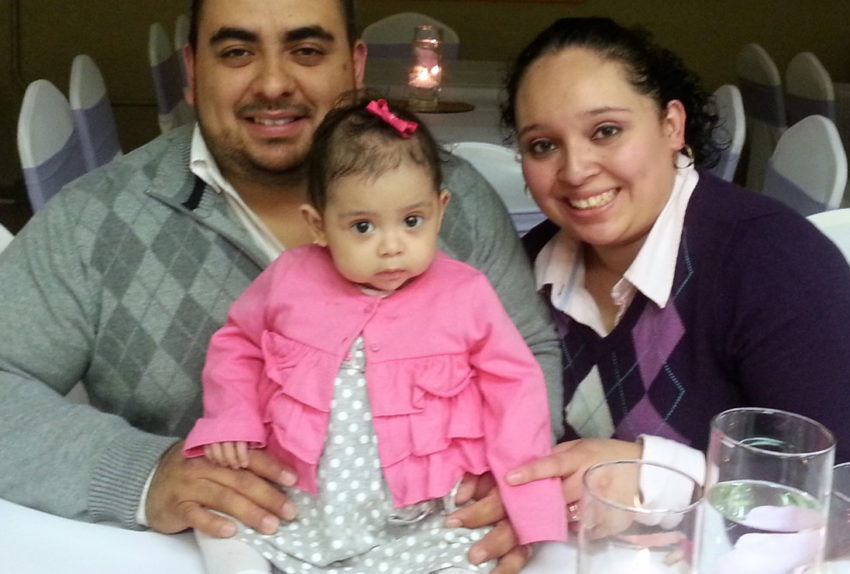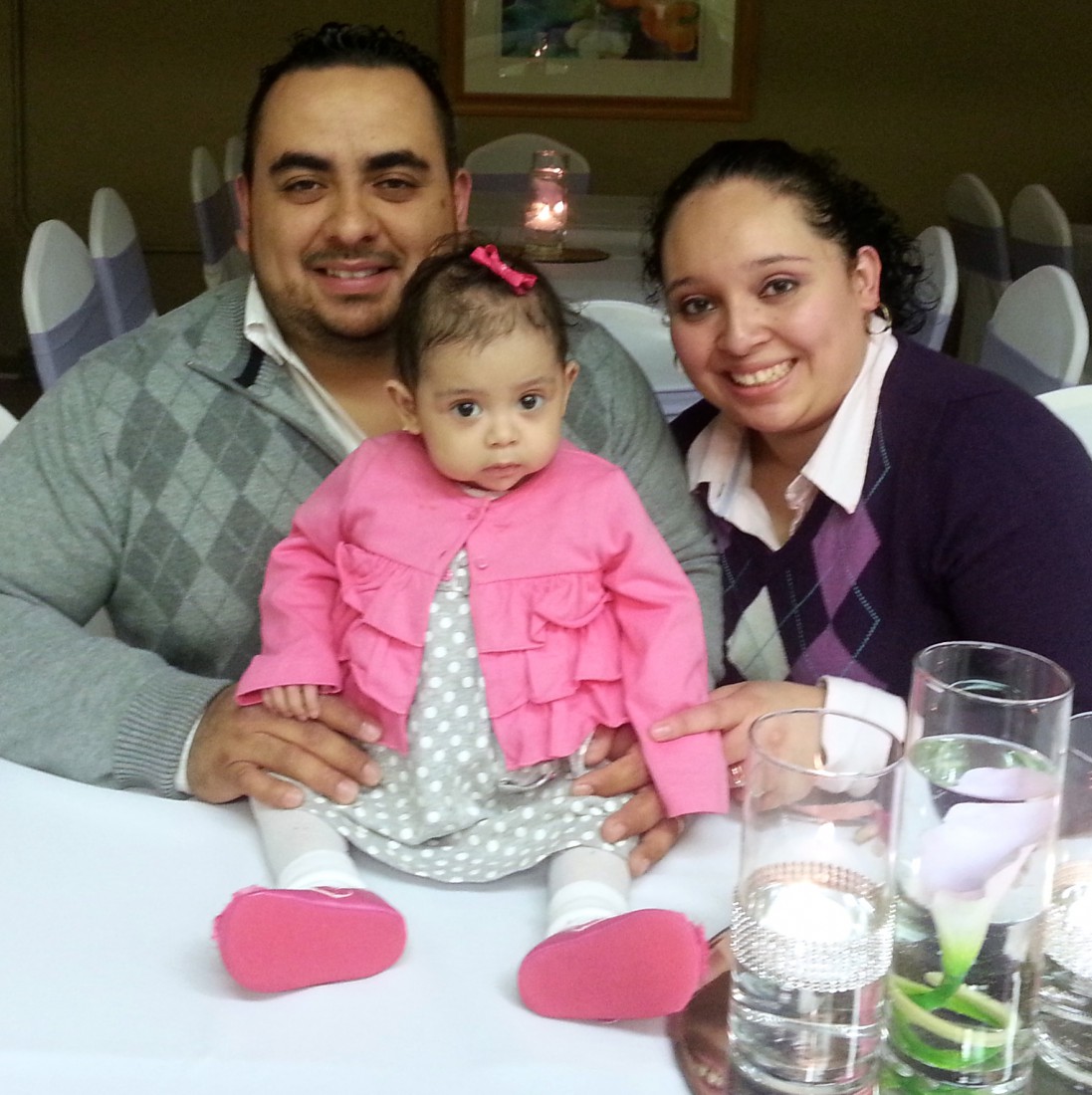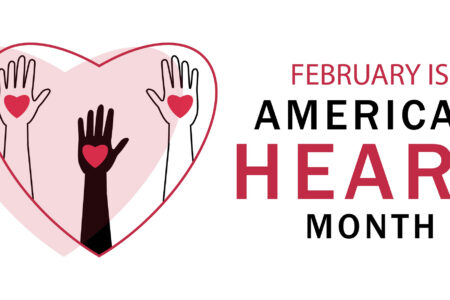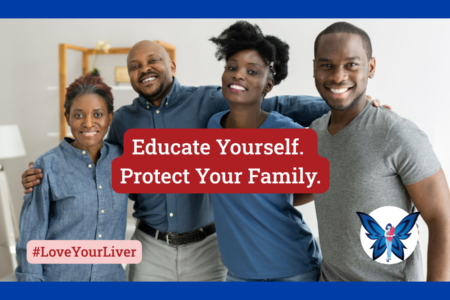
Share On Social!
Jade Hércules, was born in July 2012 in Guatamala, where she was diagnosed with terminal liver disease.
She needed a donor.
Jade’s condition deteriorated over the next year to the point where her parents thought, as she celebrated her first birthday in July 2013, she wasn’t far from her final moments on earth.

Then doctors at University of Chicago Hospital, where her family had come to seek treatment, told her parents a liver donor was found.
“We were grateful to God for the parents who had the courage to donate their little boy’s organs because thanks to them our little girl is alive. We always think about the parents who made this miracle possible because it is truly a blessing that a year later although she is not yet walking, Jade can stand and is such a happy little girl,” said Jesus Alexander Hércules, Jade’s father.
Valentine’s Day on Feb. 14 is also National Donor Day—and a great time to think about organ donation, according to the Gift of Hope, Organ & Tissue Donor Network, which has orchestrated 323 donations and helped save many lives through organ transplants, like Jade’s.
“Jade’s story is an example of the unconditional love and the inexhaustible struggle that thousands of families confront while they wait for a donor that can save their son’s or daughter’s life. We must work with the same tenacity to increase the number of … donors because according to medical experts this may affect the number of transplants performed on persons in within our community,” said Raiza Mendoza of Gift of Hope.
Donating blood, tissue, and other samples (also called biospecimens) is another key way to help others and aid medical researchers.
The National Cancer Institute also offers English and Spanish booklets about donating samples.
The Institute for Health Promotion Research at UT Health San Antonio also is helping organizations develop clinical trials and biospecimen donation outreach services through our Clinical Trials Outreach for Program Replication Manual, which aims to give you tips, resources, and other help to incorporate these activities in your organization.
By The Numbers
25.1
percent
of Latinos remain without health insurance coverage



